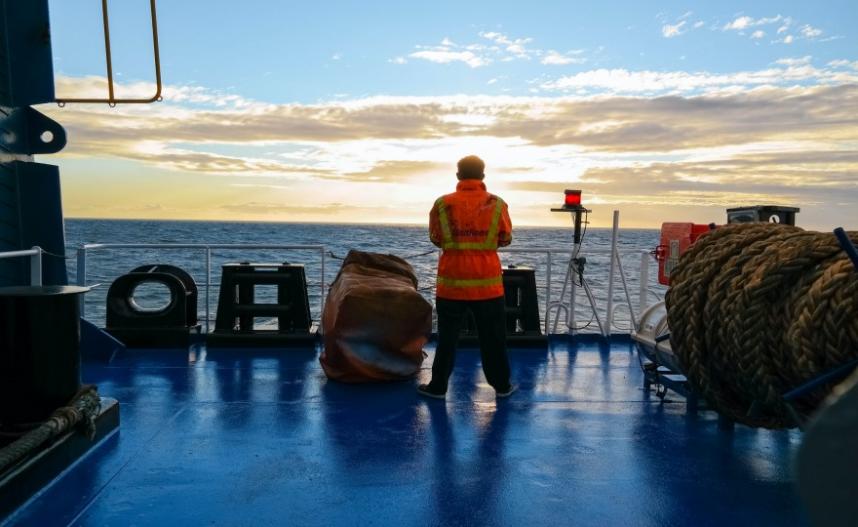
The ILO (International Labour Organization) Committee of Experts is deeply concerned about the implications for seafarers' rights as envisaged by the MLC (Maritime Labor Convention 2006), due to restrictions and measures implemented by governments.
According to data provided by ITF (International Transport Workers' Federation) and ICS (International Chamber of Shipping), the ILO Commission notes that despite the uninterrupted operation of ports, seafarers face enormous difficulties in changing crews and repatriating them.
In addition, the Commission notes that seafarers are required to work beyond employment contracts, do not have access to medical care on land, and are deprived of their repatriation.
More specifically, the Commission emphasizes that the term "Force Majeure" is an excuse of the many Member States, which while signing the MLC, at the time of the pandemic did not comply with the articles of the convention.
The Commission notes that at the beginning of the pandemic many Member States were faced with unprecedented situations and difficulties in dealing with seafarers. According to the decision, at least ten months after the start of the pandemic, Member States can no longer justify their stance.
In its decision, the commission urges all governments, flag bearers, and port authorities of states that have subscribed to the MLC to recognize seafarers as front-line workers in order to protect their rights.
Among other things, the committee urges the following:
- Any extension of the seafarers' employment contract to be done of their own free will.
- The seafarer should not be subject to any direct or indirect costs arising from the obligation to remain in quarantine.
- Seafarers should be entitled to exit permits for health reasons, observing the necessary hygiene and protection measures.
- Sailors must be repatriated free of charge for themselves, as defined by the MLC, with a limit of eleven months of service on board.
- Seafarers should be covered with appropriate means of protection of their health and have access to immediate and adequate medical care during their work and stay at sea.
- Take measures to support the physical and mental health of seafarers, especially during their many months on board.
Finally, it should be noted that so far 46 countries have recognized seafarers as front-line workers.